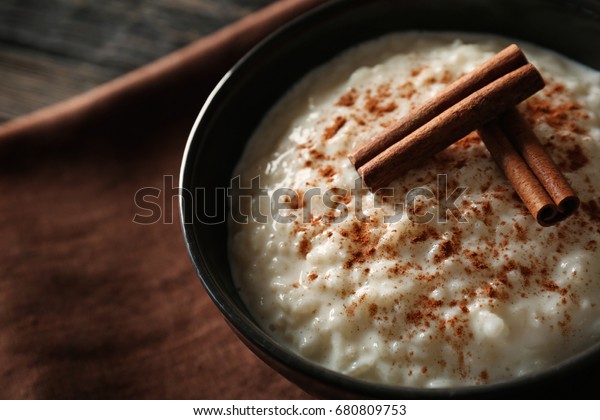Cooking With A Recipe Is Highly Overrated
One of the first things I learned when I was beginning
to cook was that trying to get my mother to give me a recipe was near impossible.
My mother was taught to cook and bake by her grandmother. My great-grandmother
was supposedly an amazing cook, but she never really stuck with a specific
recipe. Her favorite phrase, which my mother will say any time I ask what to
put in a recipe is “What you put you find,” meaning, put in whatever you want
to taste. She will then give me an excessive and minimally confusing list of
ingredients I might want to find in my food, along with some random ratios. A
rice pudding recipe that has been passed down for 4 generations is as follows:
 1 cup of milk for
every egg. Put in as much as you can fit in the pan, while leaving room for the
other ingredients.
1 cup of milk for
every egg. Put in as much as you can fit in the pan, while leaving room for the
other ingredients.
Enough sugar to make it sweet, but not too sweet.
Add rice, but not too much or too little
or you’ll ruin the texture.
Orange zest- enough to smell it a little,
but not enough to overpower the cinnamon.
Cinnamon- enough to smell it a little, but
not enough to overpower the orange zest
Cook in a water bath at 350 for however
long it takes to be done.
Needless
to say, asking for help doesn’t do me much good while cooking. While my mom’s method
of teaching recipes has resulted in me preparing some impressively putrid dishes,
over time it has helped me become a better cook. Instead of relying on
measurements and ratios of ingredients, I have learned to rely on my senses. I
pay attention to textures and smells of food to see what I need to add, and can
accommodate recipes to my personal taste. While reading Elizabeth Perez’s book,
Religion in the Kitchen: Cooking, Talking and the Making of Black Atlantic
Traditions, I saw similarities between how I learned to cook and how
uninitiated members of Lacumi learned to prepare meals for the orisha. Perez
writes “In such situations, where the uninitiated were told “Don’t ask
questions: do,” unforeseen error often had a greater role to play in learning
that flawless execution.” Learning the measurements and steps of a recipe is
much harder than learning what the dish needs to look, feel, smell, and taste
like. Accidently cutting or burning oneself is a more memorable teacher of how
to handle knives and heat than being nagged to be careful. Cooking with explicit
instructions requires only the ability to follow steps, while being given less
instructions helps build skills and knowledge transferable to other recipes. Particularly
with cooking, allowing mistakes to be the primary teacher leads to a more
skillful learner, and much tastier foods.

I love to cook, but always feel a little uneasy when I don't have some recipe to refer back to. Clearly, I need to start taking the advice of your mother and try more often to make things that just taste good, not things that follow all the rules.
ReplyDeleteThough I tend to be a recipe-user (I like sacred texts), especially when it comes to spicing and flavoring in general, I've come to learn you have to use your own sense of taste and smell, and trust your mother's advice, "What you put, you find." There is so much in what you say here that resonates with me, especially in you last paragraph.
ReplyDelete